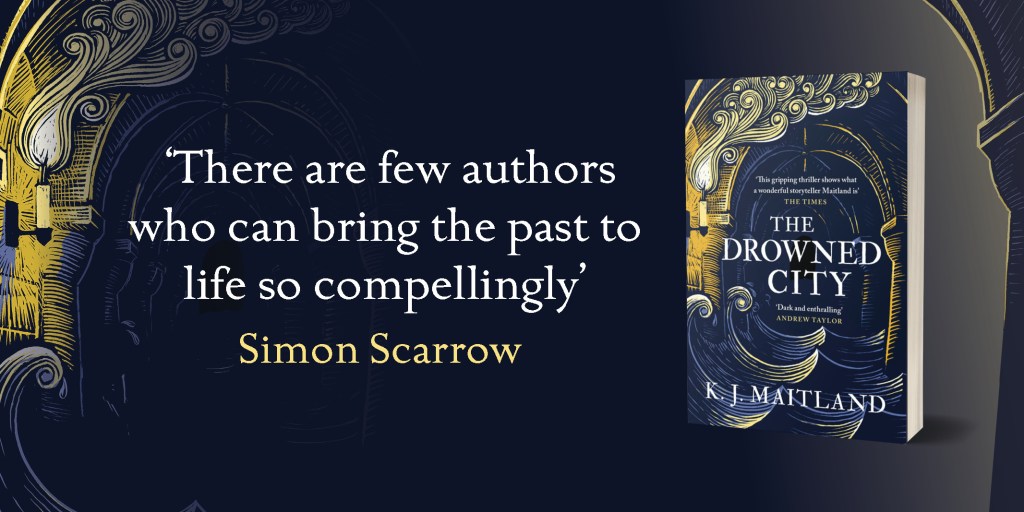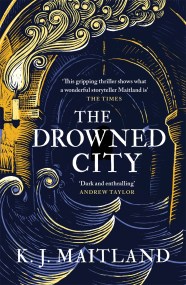‘Remember, Remember the fifth of November’– K. J. Maitland

As we light our bonfires and fireworks this month, it is worth reflecting that we might have been lighting them in February instead of November, and the gunpowder plotters could have succeeded in blowing up King James, had it not been for one thing – in 1605, London was in lockdown.
Plague had broken out and the city was placed under similar lockdown restrictions as we have just been living through. Places of entertainment, theatres and gambling houses were closed. Crowds were forbidden to gather. Only six people could attend a funeral, which included the vicar and pallbearers. Food, medicines and Holy Communion were given to those in quarantine using two-metre-long poles with shovels on the end which could be pushed through open windows. Though, unlike today, those who sneaked out of a quarantined house could be whipped if they had no marks of plague on them, or executed if they were infected with plague sores.
And, as part of this lockdown, it was announced that the State Opening of Parliament – which was due to take place in February – would be postponed until 3rd October, 1605. While that gave the gunpowder conspirators more time to make detailed plans, every passing day brought greater danger that someone would get wind of the plot. In October, the lockdown was extended again, until finally they heard the announcement they’d been waiting for – Parliament would resume sitting on Tuesday 5th November. But the conspirators then discovered that the thirty-five barrels of gunpowder they’d hidden in cellars under the House of Lords in July had decayed and it all had to be replaced.
The Gunpowder Plot was revealed in an anonymous letter sent to William Parker, 4th Baron Monteagle, on Saturday 26th October. England’s spymaster and Secretary of State, Robert Cecil, who by then had learned of the plot, might have been behind the tip-off. The cellars were searched and the conspirators arrested.
After the arrests, the broadsheets were full of the news that the conspirators had spent those months, while London was in lockdown, digging a tunnel beneath Parliament. People living nearby swore they’d heard the sound of tunnelling deep beneath their feet. But no evidence of any tunnel has ever been found and it was only when Guy Fawkes was tortured for the fifth time that he agreed that there was a tunnel, but by that time he was agreeing to anything. In any case, there was no need to dig one; the gunpowder was simply rowed across the Thames at night and carried straight into the vast undercroft, because the cellars beneath the Houses of Parliament were rented out to local people as storage spaces, workshops and even laundries. The sound of digging people swore they’d heard turned out to be a woman doing what many of us did during lockdown – clearing out her cellar.
But the image of the conspirators burrowing away beneath the homes of the ordinary people of London and the beds of their innocent children – like the orcs in Lord of the Rings, gnawing away at the foundations of the kingdom, waiting to burst up and destroy them – is one that endures to this day. It taps into one of our earliest childhood fears – the monster in the cellar, the bogeyman beneath the bed. As an ordinary Londoner, you’d be lying there at night, listening to a faint noise somewhere below and wondering if that was more conspirators tunnelling away beneath your house.
‘The Devil of the vault’ was a phrase that appeared very quickly in the broadsheets. But this Devil wasn’t Guy Fawkes. His name doesn’t even appear in the Jacobean poem with that title, by John Heath. The fake news about a tunnel seems to have been fed to the broadsheet writers by the spymaster Robert Cecil, as part of a ploy to convince both Protestants and ordinary Catholics that it was the Jesuits priests, loyal to Rome, who were really behind this conspiracy. They were ‘the devils’ who were trying to undermine the peace and stability of England.
This is spelled out in the ‘Thanksgiving Act’ or ‘The Observance of 5th November 1605’, which was printed in the church prayer books after the plot was uncovered and which every vicar was compelled by law to read aloud to his congregation annually on 5th of November until 1859.
‘Many malignant and devilish Papists, Jesuits, and Seminary Priests, much envying and fearing, conspired most horribly, when the King, the Queen, the Prince, and the Lords Spiritual and Temporal, and Commons, should have been assembled in the Upper House of Parliament … suddenly to have blown up the said whole House with Gunpowder: an invention so inhuman, barbarous and cruel, as the like was never before heard of … which would have turned to the utter ruin of this whole kingdom…’
No wonder children chanted Remember, Remember the fifth of November … no one was allowed to forget it.
I sometimes wonder what might have happened if London had not gone into lockdown in 1605, and the State Opening of Parliament had taken place in February instead of November. Would the plot have been uncovered in time? Would the royal family and the members of the Lords and Commons have perished that day? The mere thought of it is horrifying. And how might that have changed the course of British history? Charles would never had grown up to be executed as King, but the death and destruction of that explosion might well have triggered an English Civil War several decades early, while Oliver Cromwell was still only a small child.
That, of course, is the stuff of fantasy, but my historical crime thriller, The Drowned City, has a real historical mystery at its heart – what happened to the conspirator who escaped, the man known only as Spero Pettingar? He was reported as being at a meal with the key gunpowder plotters on 24th of October 1605. But Pettingar does not match up with any of the known conspirators. Even under torture, none of the other conspirators admitted to knowing who he was. Daniel Pursglove is ordered to find him, before he strikes again. What Daniel finds is a trail of bodies, but do they lead to Pettingar?
And remember, as you light your fireworks and munch your gingerbread parkin, if it hadn’t been for that Jacobean lockdown, you would be doing this in February, and finding a rhyme for February instead of November would have been far more tricky!
**Longlisted for the CWA Historical Dagger Award**
'A gripping thriller' THE TIMES | 'Dark and enthralling' ANDREW TAYLOR | 'Devilishly good' DAILY MAIL
'I couldn't put it down' ⭐ ⭐ ⭐ ⭐ ⭐
'A story of disaster, espionage, murder and a deep-seated conspiracy... it's nothing short of genius' ⭐ ⭐ ⭐ ⭐ ⭐
Revenge runs deep in this captivating historical thriller for fans of C.J. Sansom and Laura Shepherd-Robinson.
1606. England stands divided in the wake of the failed Gunpowder Plot. As a devastating tidal wave sweeps the Bristol Channel, rumours of new treachery reach the King.
In Newgate prison, Daniel Pursglove receives an unexpected - and dangerous - offer. Charles FitzAlan, close confidant of King James, will grant his freedom - if Daniel can infiltrate the underground Catholic network in Bristol and unmask the one conspirator still at large.
Where better to hide a traitor than in the chaos of a drowned city? Daniel goes to Bristol to investigate, but soon finds himself at the heart of a dark Jesuit conspiracy - and in pursuit of a killer.
PRAISE FOR DANIEL PURSGLOVE BOOK 1
'Colourful and compelling' SUNDAY TIMES
'Goes right to the heart of the Jacobean court' TRACY BORMAN
'Spies, thieves, murderers and King James I? Brilliant' CONN IGGULDEN
'The intrigues of Jacobean court politics simmer beneath the surface in this gripping and masterful crime novel' KATHERINE CLEMENTS
'Shadows and menace lurk round almost every corner... Brilliant writing and more importantly, riveting reading' SIMON SCARROW
'Beautifully written with a dark heart, Maitland knows how to pull you deep into the early Jacobean period' RHIANNON WARD







